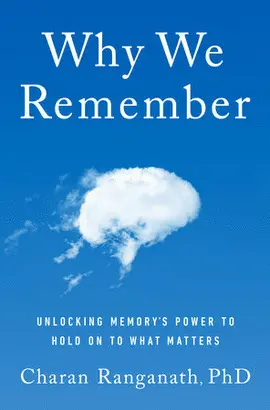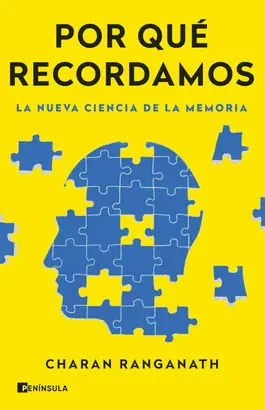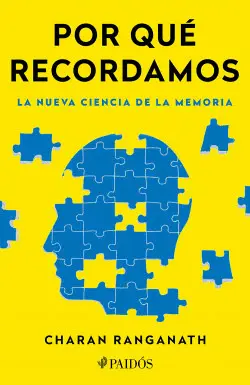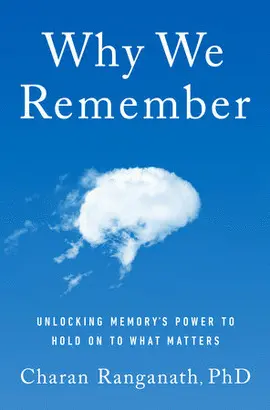Why We Remember
Unlocking Memory's Power To Hold On To What Matters
Charan Ranganath
The New York Times bestselling author of Get Out of Your Head provides a revolutionary path to embracing a healthy relationship with your emotions, one that leads to life-giving connection with God and others as well as to a richer understanding of yourself."This book is worth thousands of dollars of counseling."—Jonathan Pokluda, bestselling author and host of the Becoming Som...
Sinopsis
The New York Times bestselling author of Get Out of Your Head provides a revolutionary path to embracing a healthy relationship with your emotions, one that leads to life-giving connection with God and others as well as to a richer understanding of yourself.
"This book is worth thousands of dollars of counseling."—Jonathan Pokluda, bestselling author and host of the Becoming Something podcast
How often have you heard, "Don't let your emotions get the best of you"? But what if instead of ignoring our feelings, we noticed them, named them, and let God use them to draw us closer to Himself and others?
Many of us need to unlearn damaging messages about our emotions. We've been taught, for example, that emotions are untrustworthy, when, in fact, God can use them to help us see where we need His healing.
In Untangle Your Emotions, Jennie Allen uses scientific research, biblical insight, and her own story to help you
? exchange stuffing, dismissing, or minimizing your emotions for a five-step process to know what you feel and what to do about it
? debunk the myth that feelings are sinful by learning how emotional maturity leads to deeper connection with God and others
? live emotionally healthy by applying biblical wisdom and therapeutic research that works whether you self-identify as "emotional" or not
? sit with feelings that are confusing and painful by discovering the depth of God's love and compassion for you
Feelings aren't something to fix; they are something to feel. As we discover how to name and navigate our emotions, we'll learn how they can draw us closer to the God who built us—soul, mind, and heart.
Comentarios
Sé el primero en comentar este libroArtículos relacionados
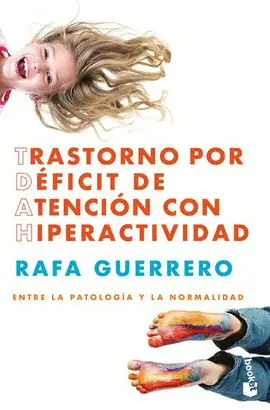
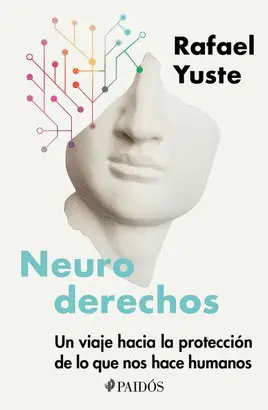
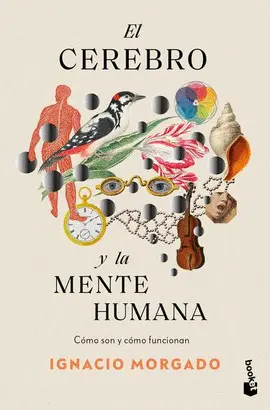
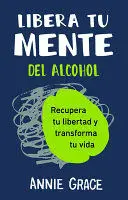
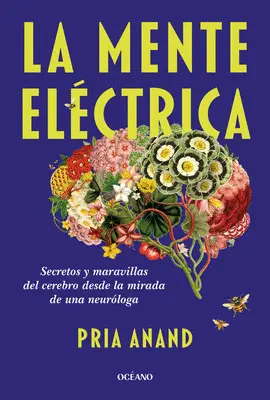

Otros libros del autor
